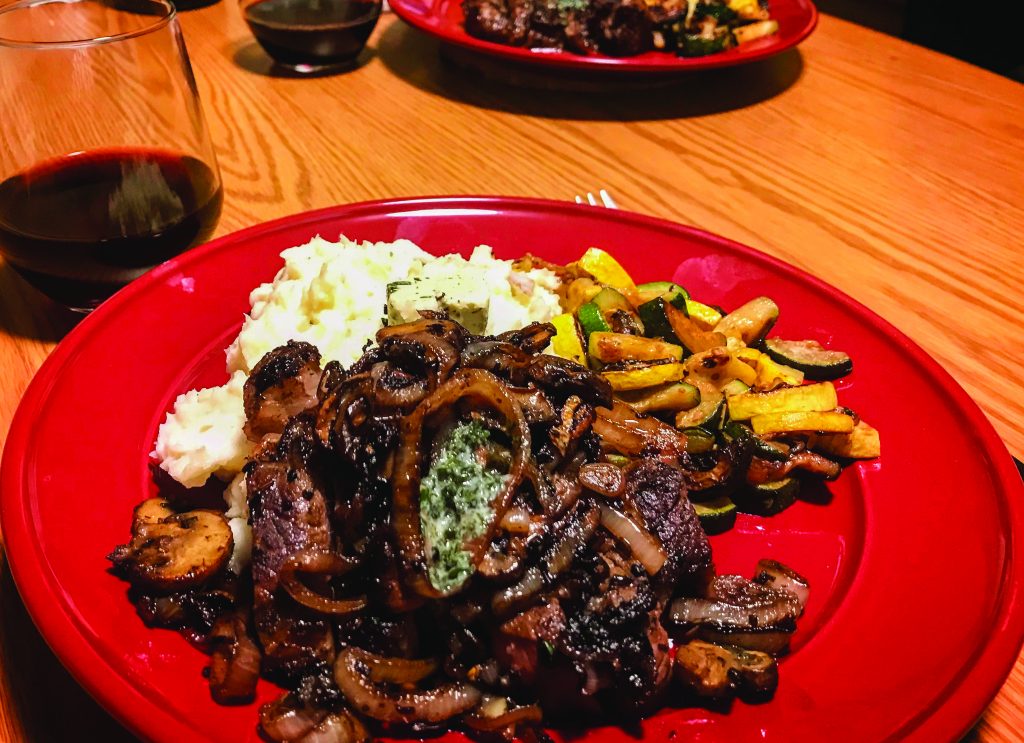
Rebecca Meyers | Lifestyle Editor
In recent years, gluten-free lifestyles, whether due to medical reasons or personal choice, have been increasingly more accepted and even popular. People with Celiac Disease, for example, are highly sensitive to gluten consumption, as it causes the body to treat gluten as a foreign threat, according to Healthline.com.
However, cutting gluten from the diet can prove difficult, as it’s found in most grains like wheat and oats. Up until recently, things like gluten-free bread and pasta were nearly impossible to find. While it has become more simple, it can still be challenging as well as more expensive to find the right food — not to mention trying to find recipes that can be made at home.
The first thing to do when ditching gluten, like with any other drastic diet change, is to do a bit of research. Even though in many cases going gluten-free can lead to a healthier lifestyle, there are still things to be aware of. For example, eating less wheat might mean needing another source of fibers.
Another good thing to research is basic food substitutions. Zucchini as noodles, or zoodles, is a popular example of go-to gluten substitutions for homemade recipes. There are also different types of flour, such as coconut flour, that can become a kitchen staple. However, there are rarely ingredients that can be exact substitutions, so it would be worthwhile looking up specific gluten-free recipes — especially when baking.
Another thing to take into account is to budget accordingly, both time and moneywise. Unfortunately, some gluten-free products, such as bread, can be more expensive and are not sold everywhere. It also means having to look up most places before going out to eat to make sure they have gluten free options. There are a few places that serve specialized gluten-free cuisine in the Monmouth area, such as Yeasty Beasty and Mangiare Italian Restaurant, as well as on-campus with Valsetz Dining Hall and Wolf Grill.
Going gluten free can be a difficult commitment sometimes, but for some, the health benefits make it well worth it. For those considering making the switch, it might be worthwhile to consult a dietitian to see what a professional recommends.
Contact the author at howllifestyle@wou.edu
Photo courtesy of Rebecca Meyers

